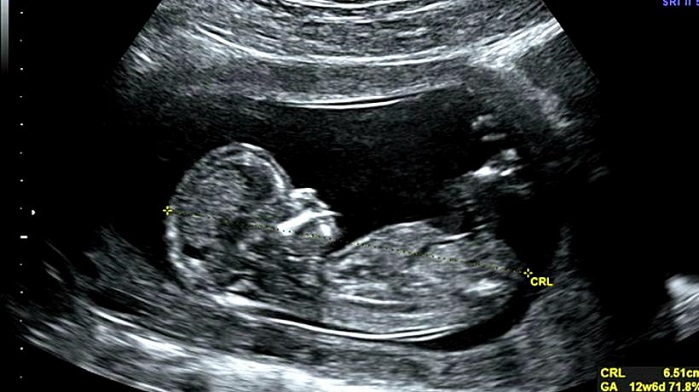That verse, written by Paul the Apostle, is one of the most difficult for modern evangelicals to fully accept. It was written at a time when the Roman authorities were bad dudes. They actively discriminated against the early Christians, murdering some, imprisoning others, including Paul, who was among their most ardent persecutors before his conversion.
Modern Christians sometimes suffer from the notion that God is only active when someone they voted for wins an election and that He must have gone on holiday when the candidate they didn't vote for prevails.
My personal history with this attitude goes back to the days of Jimmy Carter, who openly proclaimed himself to be "born again," a phrase taken from the mouth of Jesus which caused many Republican evangelicals to vote for him in 1976 (but not in 1980 when he ran against Ronald Reagan, a divorced man who rarely attended church, but whose policies, like President Trump's, were lauded by evangelicals).
I attended church with Carter. He was an excellent Bible teacher and still is from what I hear. The problem for evangelicals occurred when it came to policy. Despite his fealty to Scripture, Carter enforced the "Roe v. Wade" Supreme Court ruling and was OK with same-sex marriage. He said Jesus never spoke against homosexuality, as if the rest of Scripture says nothing about it, or any other "social issue."
Some evangelical friends of mine are dumping on President Trump because of his personal history. Too many others are vigorously defending, even inexplicably excusing, his bad behavior.
Many conservative critics of the president prefer the image of a loving family exhibited by former President Barack Obama. And yet Obama's policies were antithetical to what many evangelicals believe. So are Hillary Clinton's, not to mention the "family values" portrait she and husband Bill have shown to the world. Some evangelicals have actually suggested they would have preferred Hillary as president, though Donald Trump is presiding over a roaring economy, naming solid constitutional conservatives to high courts, defeating ISIS, trying to control illegal immigration and putting America and Americans first, all issues with which they agree.
I like to ask Trump's evangelical critics if they ever pray for him, as Paul also instructed believers to do: "I urge you, first of all, to pray for all people. Ask God to help them; intercede on their behalf, and give thanks for them. Pray this way for kings and all who are in authority so that we can live peaceful and quiet lives marked by godliness and dignity. This is good, and pleases God our Savior (1 Timothy 2:1-3, New Living Translation).
The question could also be asked another way and I have asked it of evangelical friends: "How many of you prayed for President Obama when he was in office?" Not many I have learned, except perhaps in a perfunctory way while we "bless all the missionaries of the world and all those in authority."
It is a familiar analogy, but one that should be stressed again. If I am about to have surgery, I care less about a person's religion, sexual orientation or lifestyle than I do about how many of the surgeon's patients were healed of their afflictions.
It might make some evangelicals feel better to have a president who is one of them while also displaying conservative values, but if one has to choose, I'll take the issues and listen to my pastor, who speaks of a kingdom not of this world, which is far better than a corrupt kingdom that is passing away.
Thus ends today's "sermon." We can now take up the collection.
[italics and colored emphasis mine]
---------------------------------------------------------------------
"Can a Flawed Man Be a Good President?" - Ben Shapiro Ben Shapiro |Jan 31, 2018; https://townhall.com/columnists/benshapiro/2018/01/31/can-a-bad-man-be-a-good-president-n2441822


















